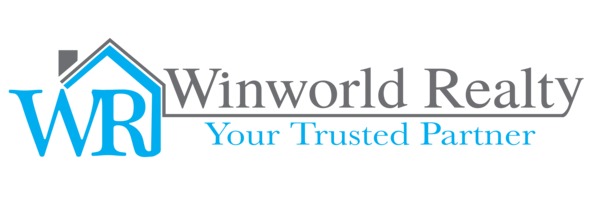Home Loan Top up funds can be used for anything from purchasing furnishings to building, extending, or renovating your home. It is available to existing home loan borrowers with no security or guarantee required.
Interest rates are lower, and you can get tax breaks on your home loan refinance. The lowest interest rate on a top-up house loan is 7.10%. Repayment terms can be the same as those of a home loan.
The maximum amount might be decided by the unsettled balance of the house loan or by a specified amount established by the bank. The additional processing fee might range from 1% to 2% of the total loan amount.
What Exactly Is A Top-Up Loan?
A home loan top-up is a loan provided by a bank to an existing home loan borrower. While some banks have limitations specifying that the top-up loan must be utilized only for home-related purposes, others do not.
What Is The Process Of Obtaining A Top-Up Loan?
A top-up loan is a financing tool offered by banks and financial bodies only to their current home loan borrowers. The outstanding home loan amount is subtracted from the property’s worth to determine the maximum top-up loan amount.
The total outstanding sum after the top-up must be within the same LTV range as when the loan was issued. For example, if you were authorized for a loan for 80% of the property value, the total outstanding principle including the top-up can be no more than 80%.”
What Are The Advantages Of A Top-Up Home Loan?
Top-up home loans have several advantages, including:
- Interest rates are lower when compared to personal loans or home loans.
- Can be utilized for a range of purposes ranging from building costs to renovation and extension.
- It can also be used for personal or business purposes, depending on the bank.
- Tax breaks are available if the funds are used solely for house building or renovation.
- Faster loan processing and disbursement
What Are The Home Loan Top Up Eligibility Criteria?
The eligibility criteria for the home top-up loan will be the same as the requirements for the house loan of the bank from whom you are demanding or have formerly got a home loan. This varies from bank to bank. Nevertheless, the following are some critical parameters to remember:
- There should have been no more than one EMI bounce in the previous financial year
- If an EMI is bounced earlier, it should be settled before the next EMI due date
- The existing home loan must be pay back completely within the six months
- One year of clear loan payment history is required for top-up loans along with the balance transfer home loans from other banks or HFCs
- The general criteria, which are the same as for home loans, are as follows (although they may differ from bank to bank)
- Age limit: 21 to 65 years
- Resident or non-resident Indian nationality
- Individuals that are salaried or self-employed
What Are The Tax Advantages Of Home Loan Refinancing?
Tax breaks for house loans If the loan was spent solely for the building, renovation, extension, or repair of a residential property, a top-up may be claimed. If the top-up loan is used for a self-occupied residence, the highest tax deduction possible is Rs. 30,000.
The deduction is unlimited if the loan was utilised to purchase a rental property. Both of these, however, are subject to the aggregate total tax deduction of Rs.2 lakhs per year available on the interest component of home loans.
If the top-up loan was utilised to purchase or construct a new property, the principal and interest component of the top-up loan will be deductible, subject to the limits set forth in Sections 80C and 24. (b).
However, if the home loan top-up is used for residential property rehabilitation, alteration, or repair, the deduction can only be claimed for the interest component of the loan, not the principal component.
To claim the tax benefits, keep all invoices and documentation for all work done on the residential property using the top-up loan.
Interest On Home Loan Top Up
| Banks Interest Rate(% pa) |
| Bank of India 8.30 |
| state bank of India 8.45 |
| Punjab national bank 8.50 |
| IDBI bank 8.75 |
| Bank of Baroda 8.80 |
| Canara bank 8.85 |
| bank of Maharashtra 9.35 |
| HFCs |
| HDFC bank 8.25 |
| LIC housing Finance ltd 8.30 |
| Bajaj Fiserv 8.65 |
Flexible Repayment Options
A top-up house loan gives you a lot of repayment options. Typically, lenders do not impose a prepayment penalty on the top-up loan. People with unpredictable income may benefit from a top-up loan with an OD facility.
It can also be used to consolidate smaller or higher-interest loans for lower borrowing prices. If you intend to use the top-up loan for repair or rebuilding, you can claim a tax deduction under Sections 80C and 24 up to the limit specified in the home loan.
Some borrowers utilize the top-up loan to pay off the EMI on the underlying house loan. It is preferable to avoid it since borrowing at a higher interest rate to repay a lower interest rate loan might lead to a debt trap. If you’re in a real financial bind, a top-up house loan can be one of the greatest solutions, with plenty of flexibility and appealing repayment options.




